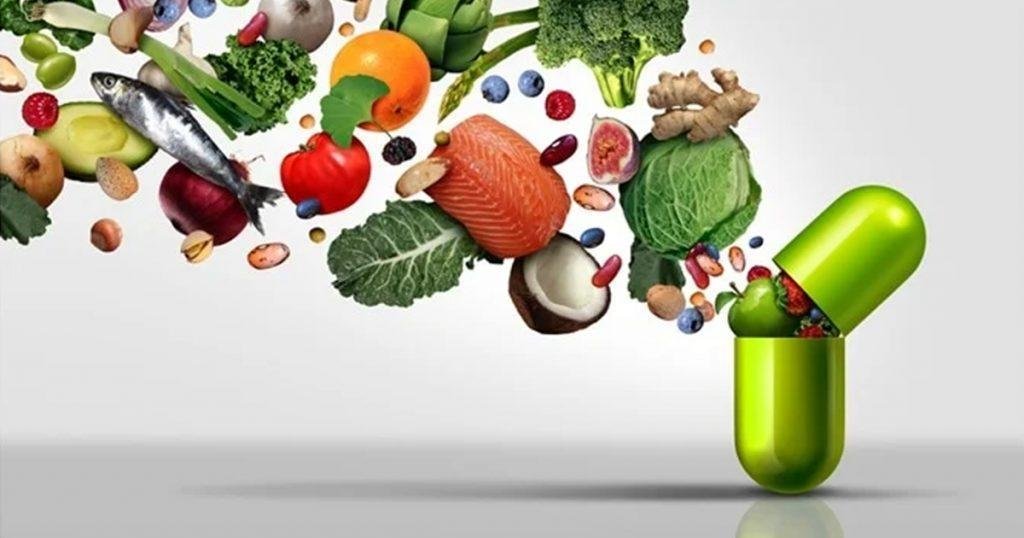Nutrition is the biochemical and physiological process by which an organism uses food to support its life. It includes ingestion, absorption, assimilation, biosynthesis, catabolism, and excretion. Our dietary requirements oscillate as we move through different life stages, from infant to elderly.
It’s important to consider additional demands set on your body by these changes to stay active and healthy. For a reliable diet plan connect with Dr. Namit Nadar.
Expectant mothers have different dietary needs than women of the same age group. Few key points to remember-
• Eat sufficient protein food for cell repair and maintenance.
• Food groups are vital and rich in minerals such as iron, zinc, and calcium.
• Add essential monosaturated fats like omega 3, 6, and 9 to your daily diet.
• Prefer home cooked balanced diet as it is the best nutrition source.
For humans, nutrition deals with the provision of essential and most important nutrients from the food that is necessary to support human life and good health. Poor nutrition can cause deficiency-related diseases such as blindness, anemia, preterm birth, anemia, cretinism, nutrient excess health-threatening conditions such as obesity and metabolic syndrome, and common chronic diseases such as cardiovascular disease. Undernutrition can lead to wasting in acute cases, and stunting of marasmus in chronic cases of nutrition.
Nutrition for child
The best foods are whole, fresh, and unprocessed fresh fruits and vegetables, whole grains, dairy and meats, and homely fresh cooked meals. Offer foods that don’t have added sugar or sugar substitutes, and don’t add calories that might lead to tooth decay. They might lead to a habit of only liking sweet foods and make it difficult for your child to adjust to fruits and vegetables it’s a good idea to limit them.
Preferring to provide actual fruits instead of fruit juices add healthy fiber to your child’s diet, try to offer water when your child is thirsty, especially between meals and snacks. For an amazing diet plan consult the best nutritionist.
One of the very important minerals is sodium which maintains proper fluids in your body. But eating too much sodium can lead to high blood pressure, offer your child healthy foods that are low in sodium as often as possible, too much sodium in childhood can lead to a preference for salty food, which is associated with obesity.
Parents guide-
• Stick to a balanced variety of foods from all food groups.
• Help children learn to use a spoon or cups so they can eat independently.
• Make your child learn to read labels to help you choose foods when shopping.
• Avoid fast-food restaurants and show your children the importance of enjoying mealtime as a family while eating healthy home meals.
Nutrition for teens
Children when one enters puberty, the demands for nutrients, iron, and minerals surge. This age group requires nutrient-dense meals, including cereals, fruits, nuts, vegetables, and lean meats.
How much teens should eat depends on their individual needs.
• Protein –every teen should surely have protein-rich food every day. The good source includes lean meat, poultry, and fish.
• Whole grains – every teen should get 6 ounces of grains every day, which includes slices of whole-grain bread, whole grain pasta or brown rice, and 1 cup of wholegrain breakfast cereal.
• Iron-rich food- boys in this age group need iron to support their growth. Girls need iron for growth too, and to replace the blood they lose through menstruation. Good sources are- lean beef, iron-fortified cereals, slices of bread, dried beans, and peas.
Nutrition for adults
The adult diet should be nutrient-dense, as this is the age when a person’s physique begins to deteriorate, and they are unable to conduct daily activities as they once were able to. For more details on it consult the best diet coach.
They also have digestive concerns that may affect their eating habits-
• They must avoid high-energy but low in nutrition food items like cakes, sweets, biscuits, and soft drinks.
• They must include fiber-rich food on their plate that promote gut health.
• Table salt should be used sparingly, especially when cooking for seniors.

